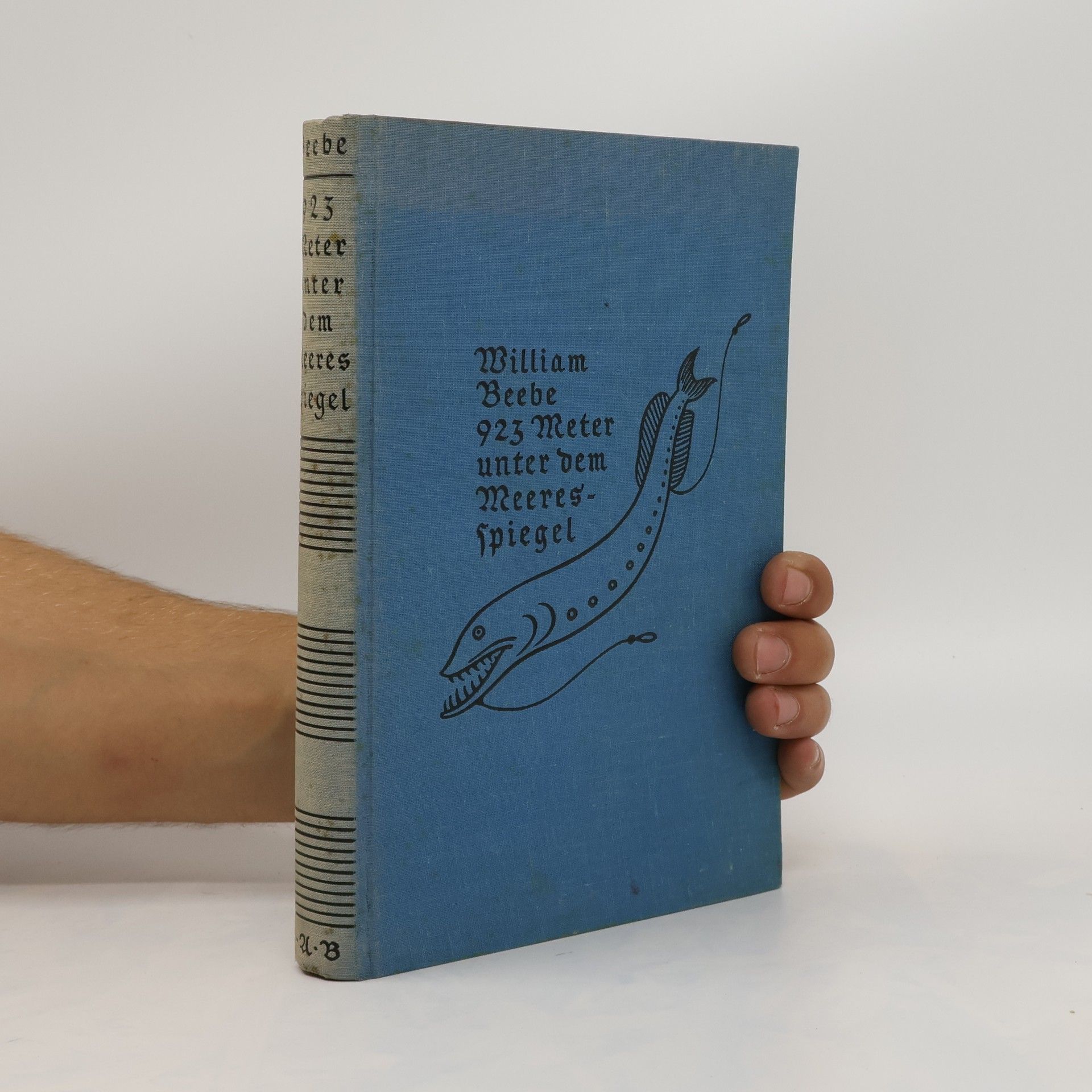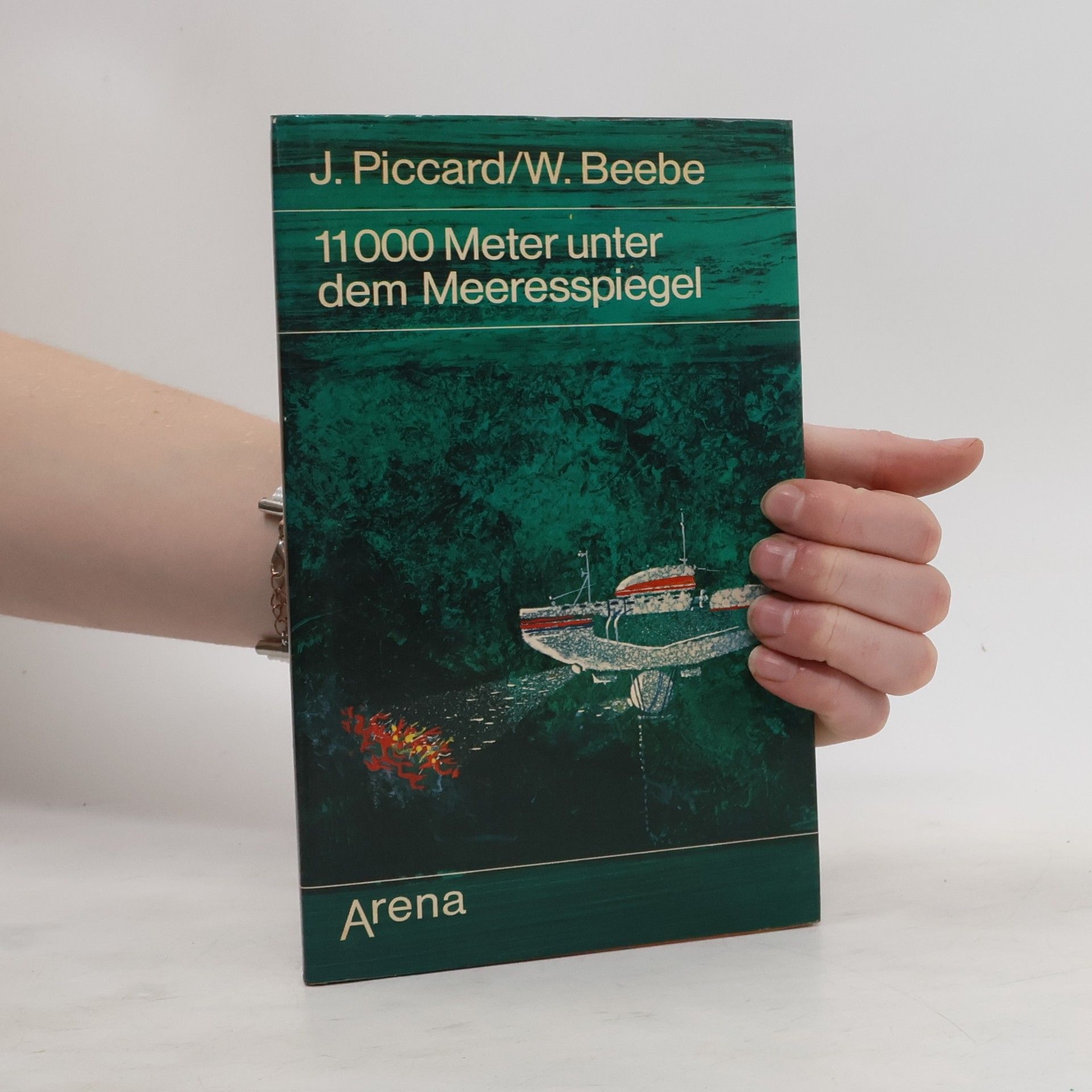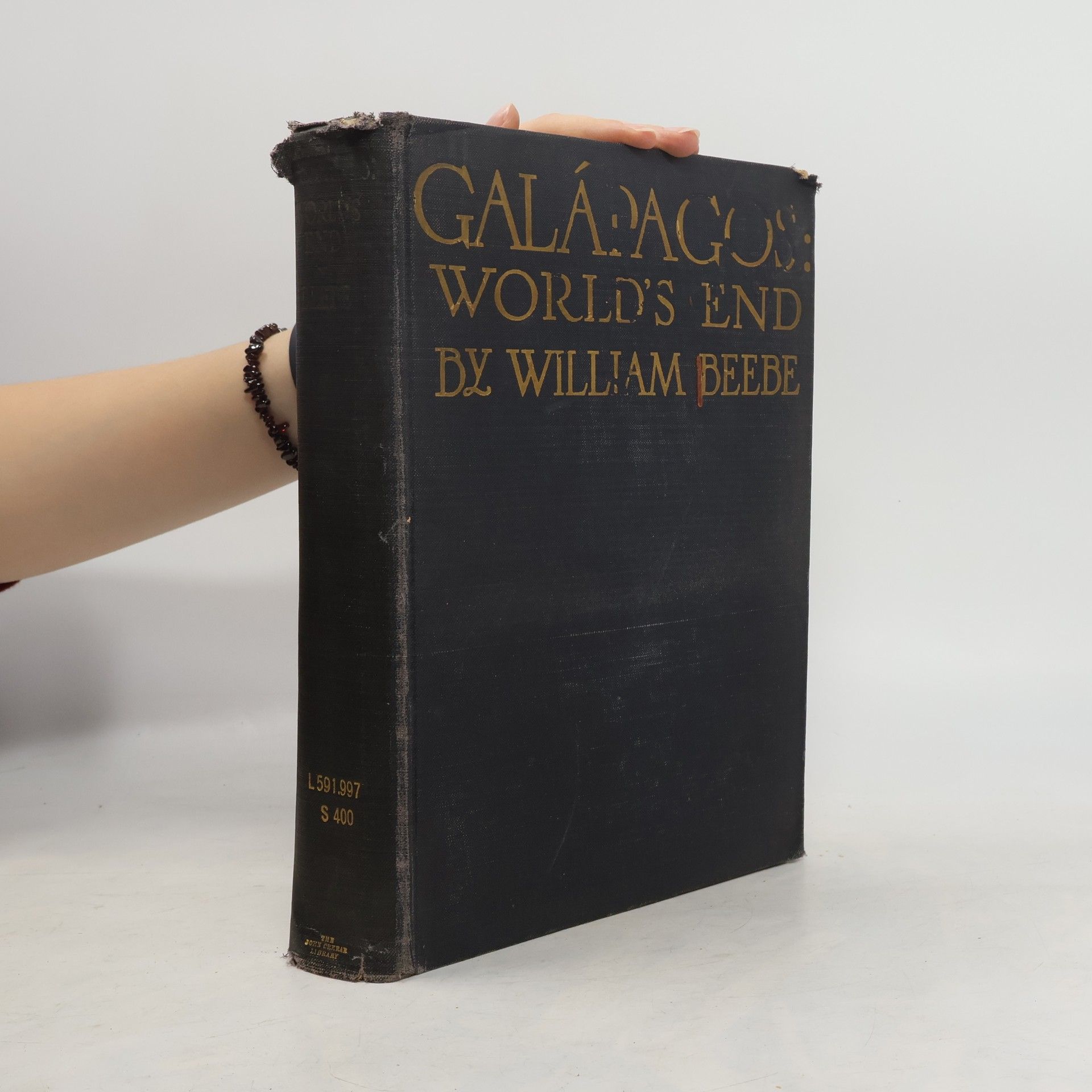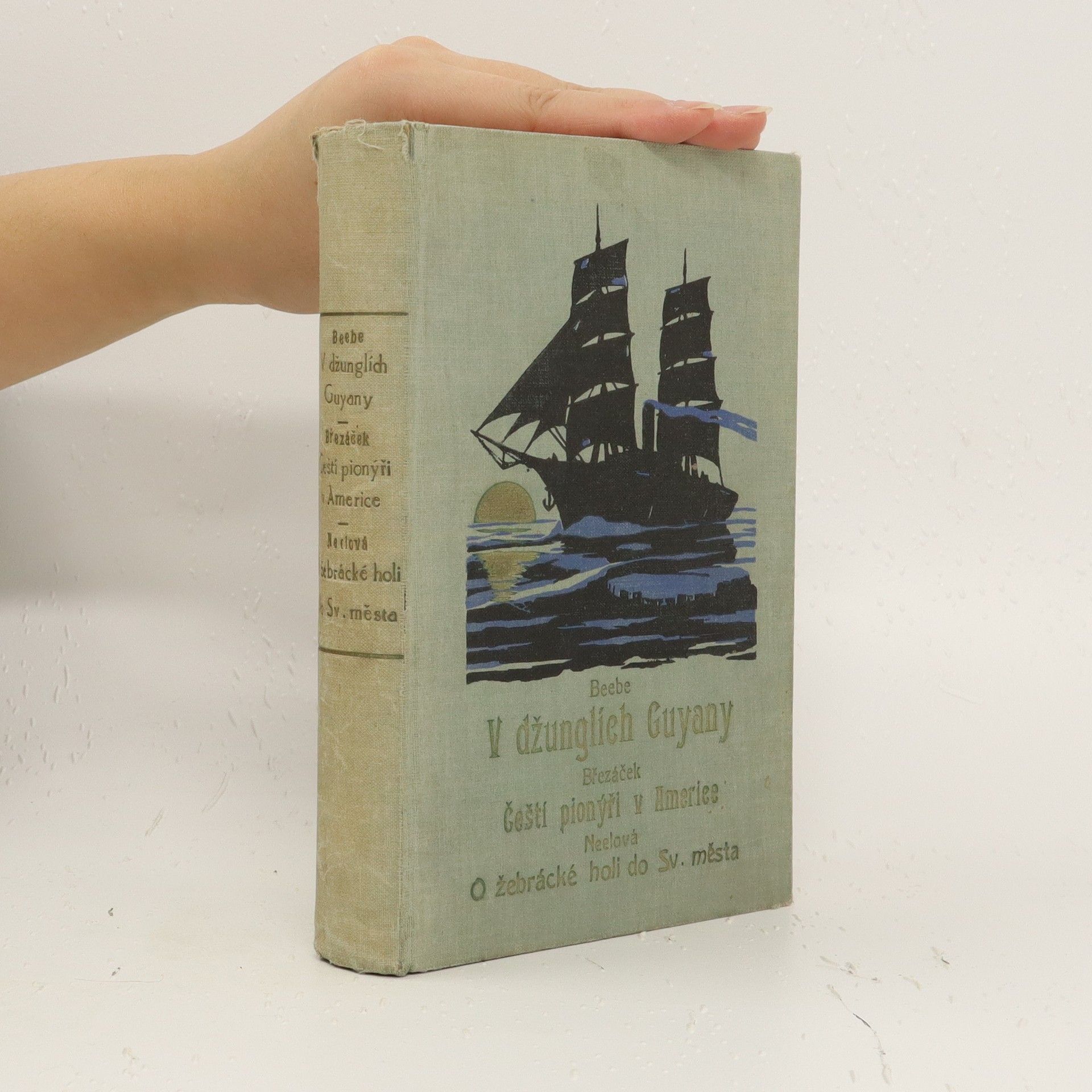The book highlights the life and contributions of Charles William Beebe, an influential American naturalist and explorer. It details his extensive expeditions for the New York Zoological Society, his pioneering deep-sea dives in the Bathysphere, and his significant impact on both academic and popular science writing. Beebe's diverse expertise spans ornithology, marine biology, and entomology, showcasing his commitment to advancing our understanding of the natural world.
William Beebe Book order (chronological)
William Beebe was an American naturalist and author, renowned for his expeditions and deep-sea explorations in the Bathysphere. His work meticulously documented the natural world, bringing the wonders of ecosystems to a wide audience. Beebe possessed a unique gift for translating complex scientific observations into engaging prose. Through his prolific writing, he captivated both academic circles and the general public with his discoveries.






Edge of the Jungle
- 144 pages
- 6 hours of reading
William Beebe's explorations in the South American jungles reveal a captivating world filled with unique wildlife and breathtaking landscapes. Through his vivid storytelling, he shares his encounters with exotic creatures and the challenges of navigating the dense wilderness. The book highlights themes of adventure, discovery, and the importance of conservation, offering readers an insightful glimpse into the rich biodiversity of the jungle and Beebe's profound appreciation for nature.
Galapagos
World's End
